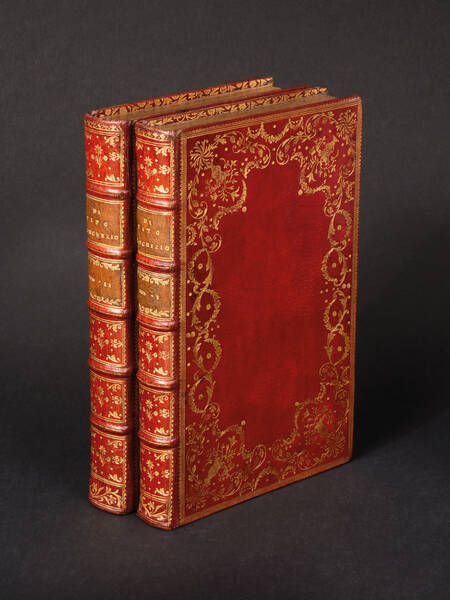ALIGHIERI, Dante. La Diuina Comedia di Dante, di nuouo alla sua vera lettione ridotta con lo aiuto di molti antichissimi esemplari. Con argomenti, et allegorie per ciascun canto, & apostille nel margine. Et indice copiosissimo di tutti i vocaboli piu importanti vsati dal poeta, con la spositione loro.
Venice, appresso Gabriel Giolito de Ferrari, et fratelli., 1555.Duodecimo (130 x 75 mm.), [18] leaves, 598 pages, [1] leaf, Italic and Roman type, with woodcut printer's device on title-page and on verso of last leaf. Woodcut medallion portrait of Dante, twelve woodcut illustrations in text, mostly smaller copies of the woodcuts used in the Francesco Marcolini edition of 1544, woodcut initials and headpieces. A good copy from the library of Leo S. Olschki (ex libris), bound in XIX century half calf, flat spine with gilt title.
First edition of the Dante's Commedia edited by Lodovico Dolce.
“For the first time the qualifier Divina was added to the title Commedia in this 1555 edition produced by one of the most illustrious printers of the period. The edition was prepared by Lodovico Dolce (1508-1568), who is probably responsible for the successful change in title.
Dante had already been proclaimed divino on the title pages of previous Venetian imprints (1512, 1520, 1529 and 1536) (and divo in various colophons since Windelin of Speyer's 1477 edition). Dolce was a great friend of the polygraph Pietro Aretino (1492-1556) also known at the time as Il Divino, and it has been suggested that Dolce probably thought better of calling Dante with the same title. Instead, introducing a clever and legitimate variation, he applied the adjective ‘Divine' to the poem itself. Giolito never again reprinted his Dante edition, leaving that to another Venetian printer, Domenico Farri. Yet, Farri's reprints would not have been sufficient to guarantee the success of the new title if the Crusca Academy had not used it in their authoritative edition in 1595. Lodovico Dolce was responsible for inventing a new and attractive presentation of the poem. The editor recognized that the period of uncontested Petrarchism and of Pietro Bembo's literary dominance was drawing to a close, and surmised that in the second half of the century readers tired of Petrarch would return to Dante. Dolce also recognized that a contemporary Dante, while it could not be burdened by an overwhelming commentary as it had been by those of Landino and Vellutello, could not be offered completely devoid of explanation as it had been in the Aldine imprints of Bembo's era. Thus Dolce elaborated an elegant tripartite apparatus: at the head of each canto a brief argument summarizing its contents; at the end an equally brief note on the canto's allegory; and in the margins, minimalist postils, referenced and summarized in two indexes, one lexical and the other organized by subject. From a textual standpoint, Dolce was not a very competent philologist, and the fifty or so variants he introduced in his edition had no particular authority. Despite his grandiose claim to have based his revision on ‘an exemplar copied from the manuscript of Dante's son, obtained from the erudite youth Messer Battista Amalteo' -one up on the generic and equally specious appeals to unidentifiable ancient codices made by other editors during the period”. (Renaissance Dante in print, 1472-1629. University of Notre Dame; The Newberry Library and the University of Chicago).
Mambelli 39; Bongi I, 475-476 : ‘In questa del 1555 per la prima volta si disse divina l'opera sua, e Divina Comedia fu poi il titolo accettato da tutto il mondo e ripetuto nella maggior parte delle edizioni'; De Batines 90: ‘rara e nitida edizione in caratteri corsivi'; Gamba 389.
Other Books
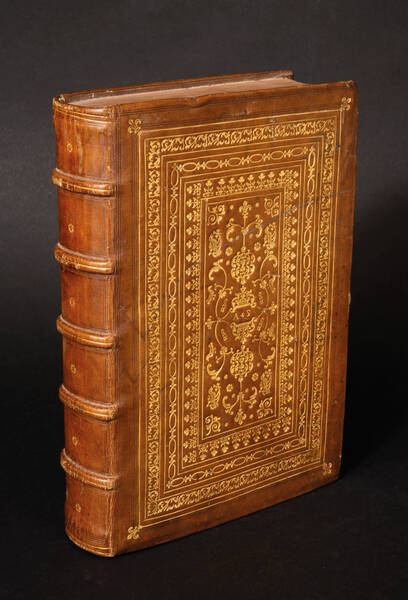
LIVIUS, Titus
Le deche di T. Liuio padouano delle historie romane, tradotte nella lingua toscana, da Iacopo Nardi cittadino fiorentino, & nuouamente dal medesimo...
€ 30.000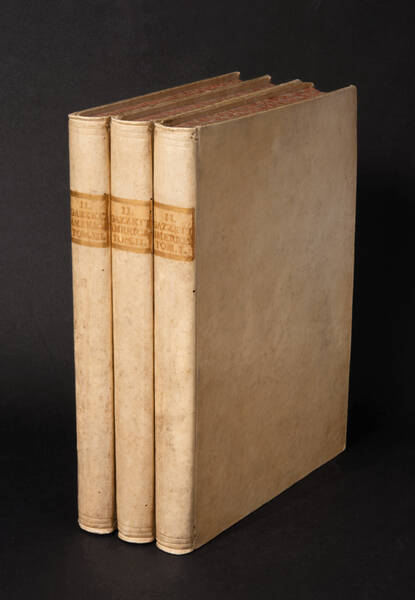
GAZZETTIERE AMERICANO
Il Gazzettiere Americano, contenente un distinto Ragguaglio di Tutte le Parti del Nuovo Mondo.
SOLD OUT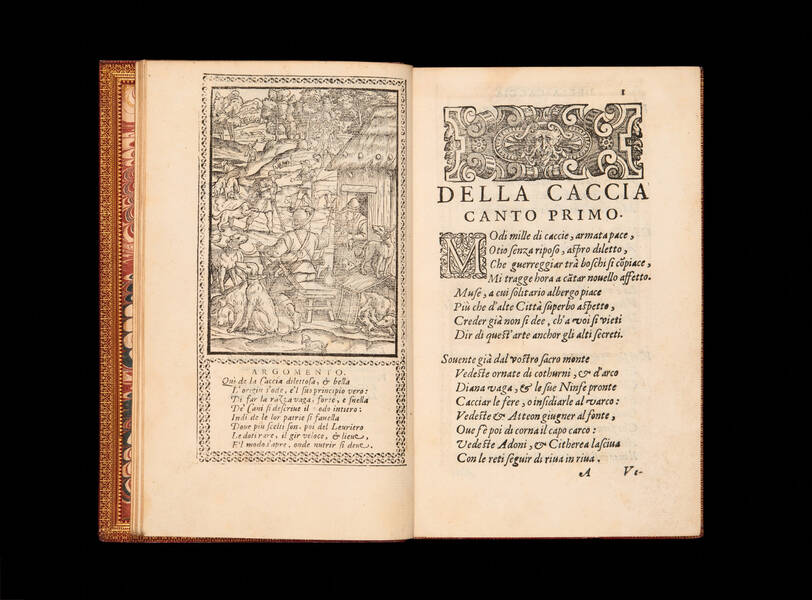
VALVASONE, Erasmo da
Della caccia poema del signor Erasmo di Valuasone. All'ill. signor Cesare di Valuasone suo nepote. Con gli argomenti a ciascun canto del sig. Gio....
€ 3.500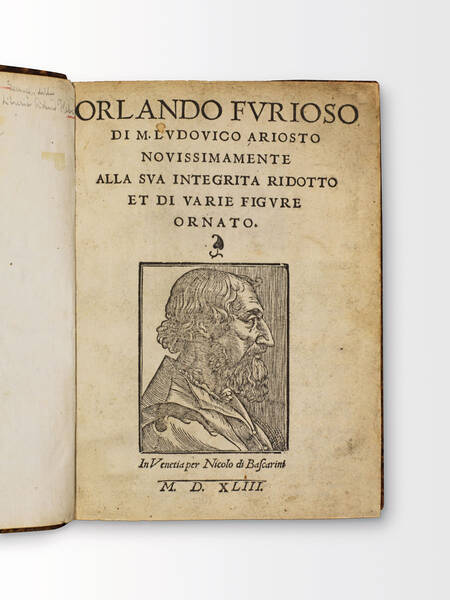
ARIOSTO, Ludovico
Orlando Furioso di M. Ludovico Ariosto novissimamente alla sua integrità ridotto et di varie figure ornato.
SOLD OUT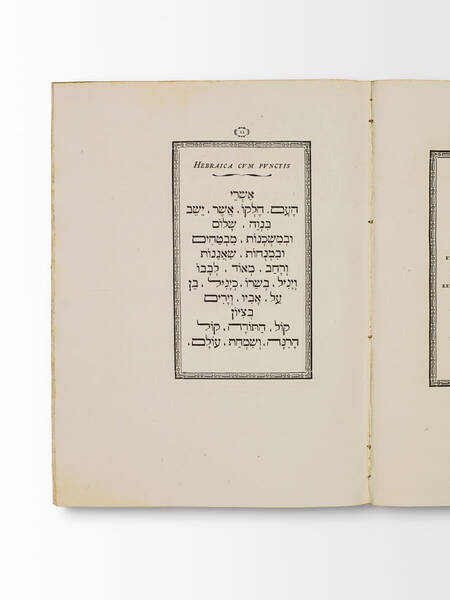
[BODONI]
Pel solenne battesimo di S.A.R. Ludovico Principe primogenito di Parma tenuto al sacro fonte da Sua Maestà Cristianissima e dalla Reale Principessa...
€ 6.000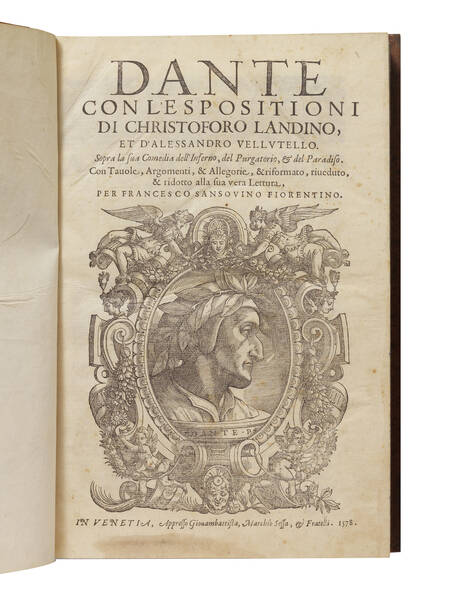
ALIGHIERI, Dante
Dante con l’espositioni di Christoforo Landino, et d’Alessandro Vellutello. Sopra la sua Comedia dell’Inferno, del Purgatorio, & del Paradiso. Con...
SOLD OUT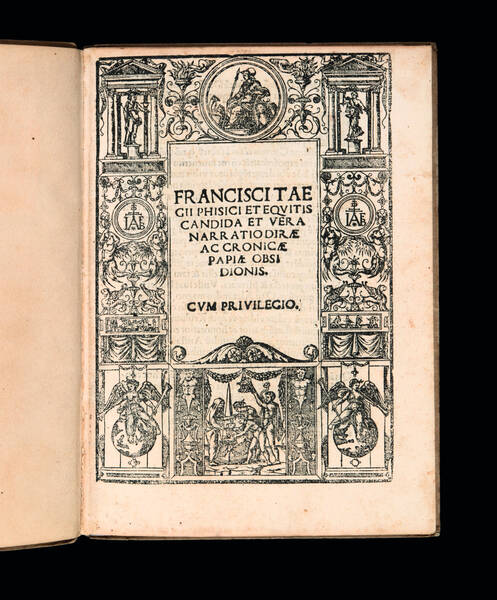
TAEGIO, Francesco
Frencisci Taegii phisici et equitis Candida et vera narratio dirae ac cronicae Papiae obsidionis.
€ 30.000MEDA RIQUIER rare books ltd.
4 Bury Street St James's
SW1Y 6AB London
Phone +44 (0) 7770457377
info@medariquier.com
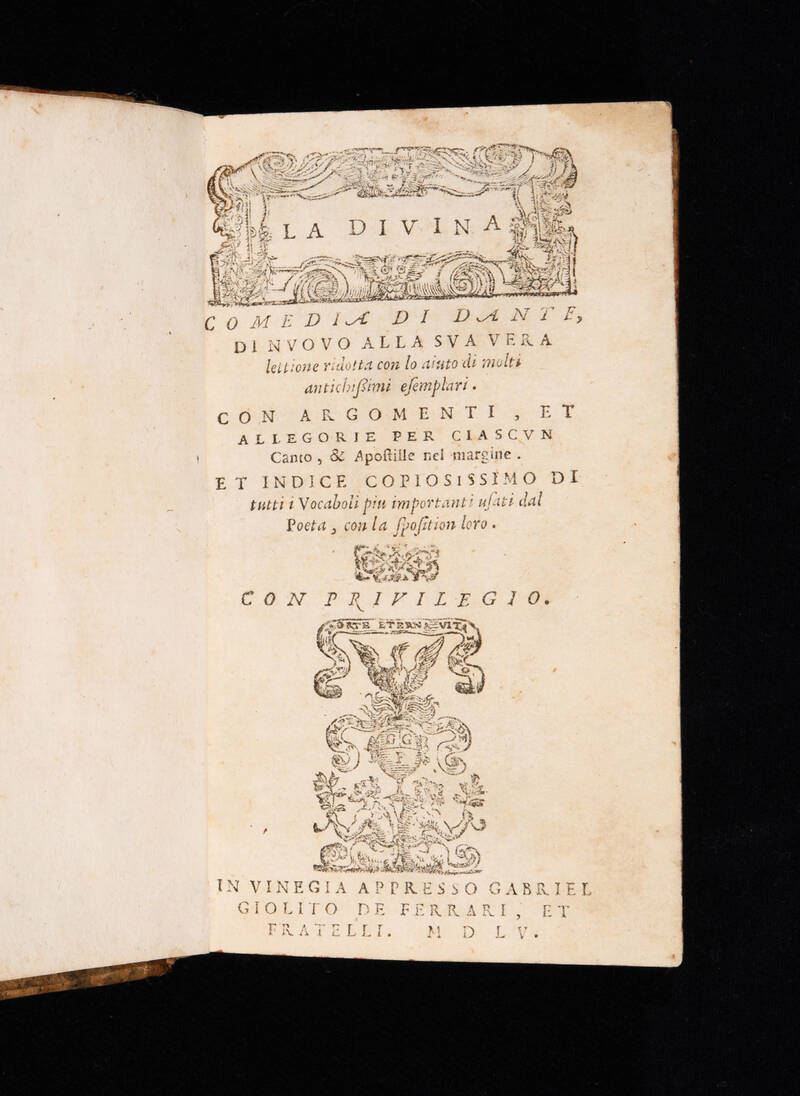
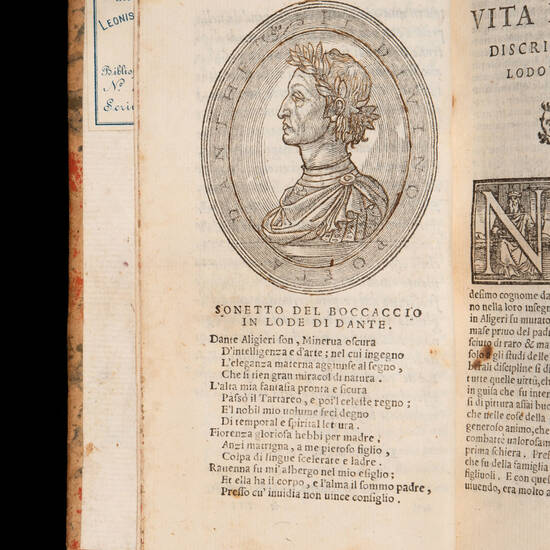
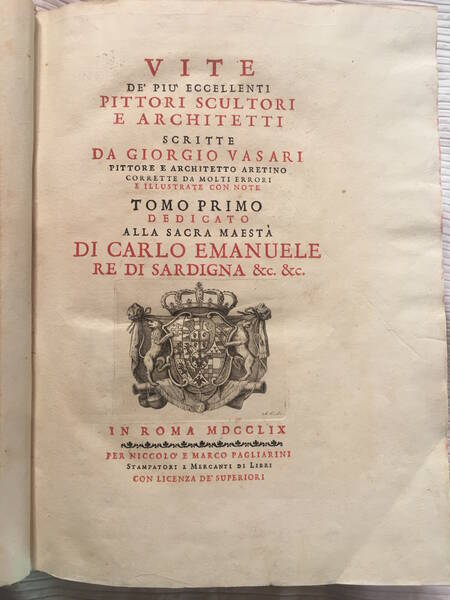
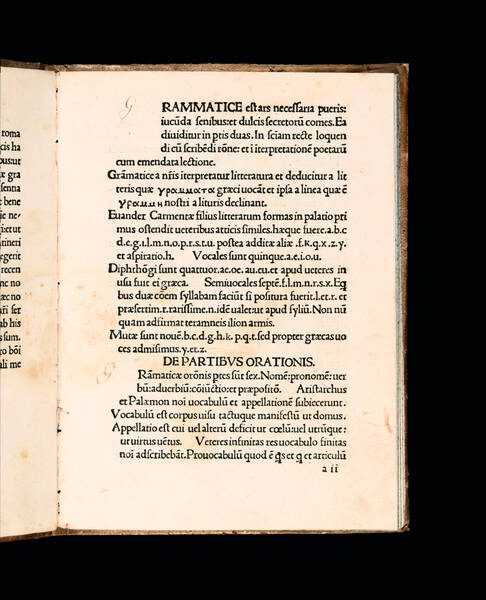
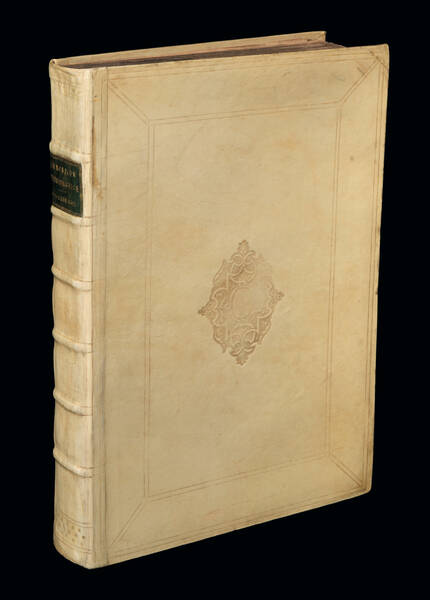
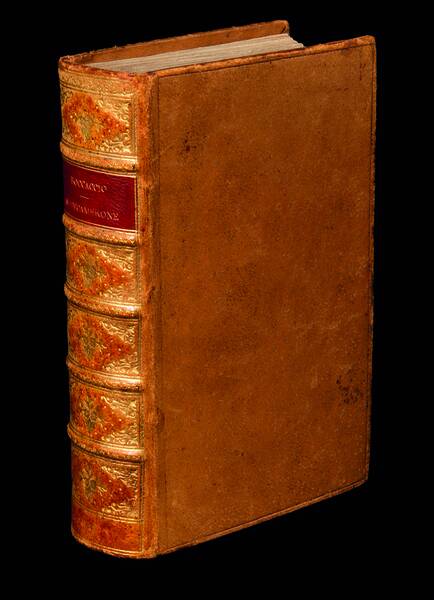
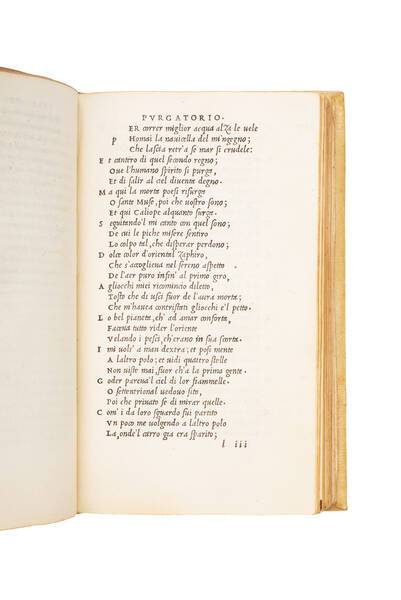
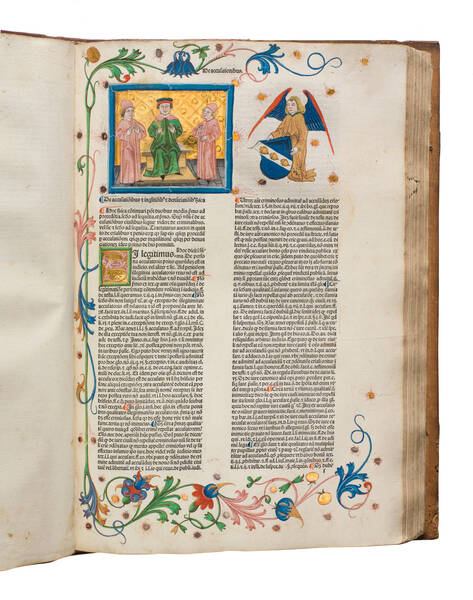

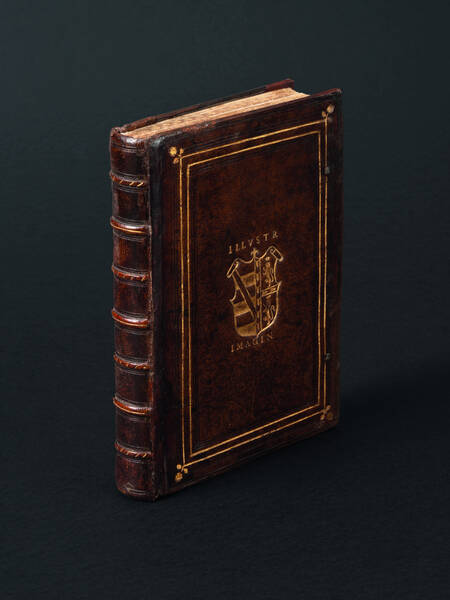
![La zucca del Doni. [Fiori della zucca del Doni; Foglie della zucca del Doni; Frutti della zucca del Doni.] La zucca del Doni. [Fiori della zucca del Doni; Foglie della zucca del Doni; Frutti della zucca del Doni.]](https://www.medariquier.com/typo3temp/pics/efd2a7667b.jpg)
